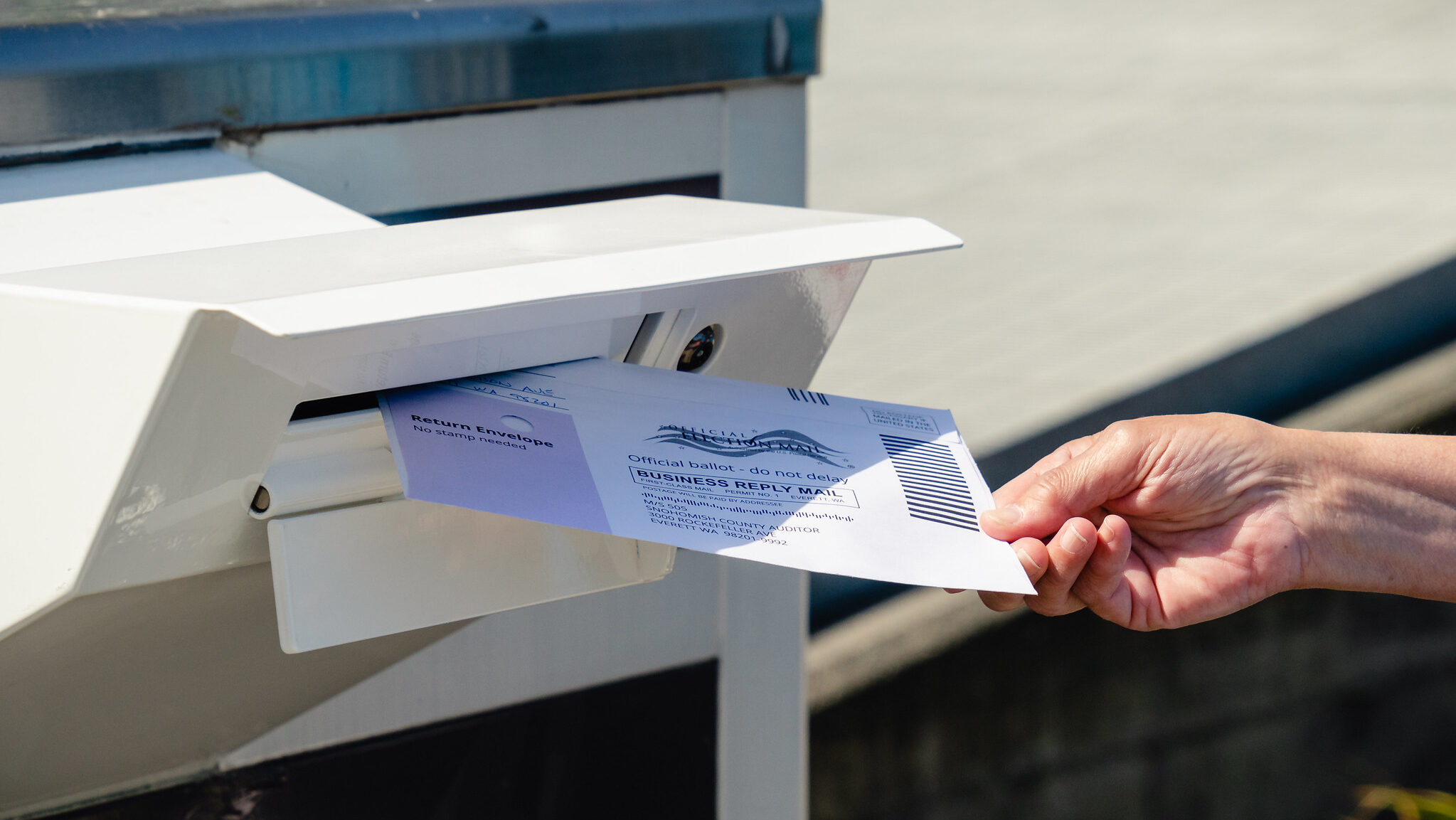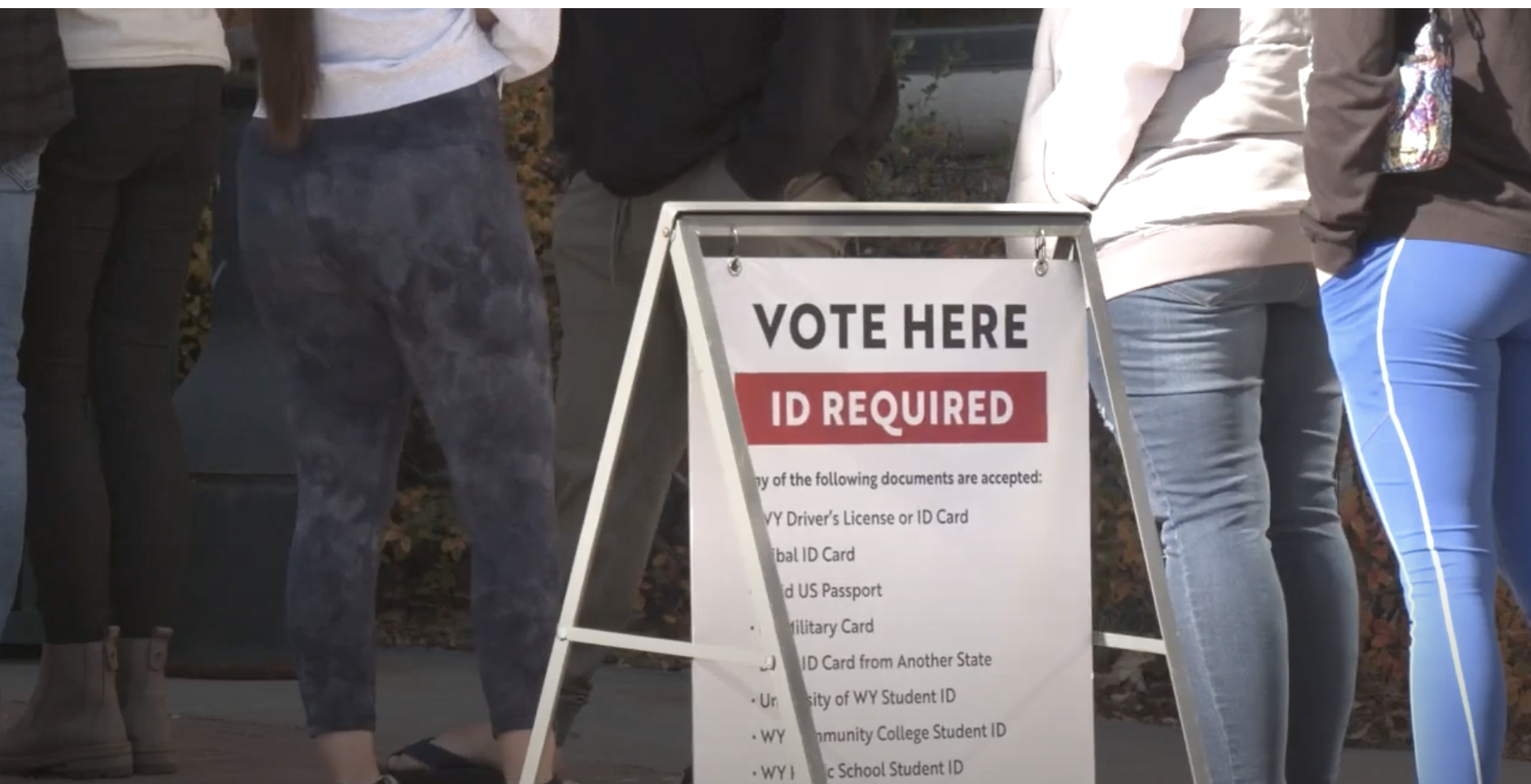PA SOS Caused ‘Irreparable Harm’ By Blocking West’s Ballot Access
A federal judge criticized Pennsylvania Secretary of State Al Schmidt for excluding leftist presidential candidate Cornel West from the ballot, stating that the methods used appeared to violate the U.S. Constitution. Despite this criticism, the judge decided against placing West back on the ballot due to the limited time before the upcoming election. The Pennsylvania Supreme Court had previously sided with Schmidt in denying West’s candidacy paperwork. In a federal court ruling, Judge J. Nicholas Ranjan acknowledged the irreparable harm West faced due to the loss of First Amendment rights, and expressed concerns about the election laws disproportionately impacting minor-party candidates like West. However, with the election fast approaching, Ranjan upheld the exclusion, emphasizing the need for stability in election laws close to election dates. He pointed out that mail-in voting had already begun, reinforcing the decision due to the complexities and potential disruptions that could arise from late judicial intervention.
A federal judge chastised Pennsylvania Secretary of State Al Schmidt on Thursday for keeping left-wing presidential candidate Cornel West off the presidential ballot using tactics that “appear[ed] to run afoul of the U.S. Constitution,” but stopped short of installing West back on the ballot due to the short amount of time left before the election.
Pennsylvania’s Democrat-controlled supreme court denied West a spot on the ballot in mid-September, siding with Secretary of State Al Schmidt “in rejecting West’s candidacy paperwork.”
West challenged the decision in federal court in the Western District of Pennsylvania where, last week, U.S. District Judge J. Nicholas Ranjan denied West ballot access again, not over paperwork, but because mail-in voting had already started in the state and Election Day is too close.
In his decision, however, Ranjan acknowledged West has “[u]nquestionably suffered irreparable harm, because the loss of First Amendment rights constitutes irreparable harm.”
“This Court has serious concerns with the Secretary’s [Al Schmidt’s] application of the election code’s restrictions to Dr. West,” Ranjan’s order said. “The laws, as applied to him and based on the record before the court, appear to be designed to restrict ballot access to him (and other nonmajor political candidates) for reasons that are not entirely weighty or tailored, and thus appear to run afoul of the U.S. Constitution.”
The court also seemed sympathetic to West’s complaint of discriminatory laws, with the court noting minor-party candidates must meet ballot access requirements that Republicans and Democrats don’t have. For example, minor parties must pay a filing fee totaling $4,200, the judge indicated. However, “[a]s the Court understands it, the major parties don’t pay the elector fee,” Ranjan wrote.
Nonetheless, Ranjan kept West off the ballot because of time constraints, citing past U.S. Supreme Court decisions in which it “has repeatedly stated that federal courts ordinarily should not enjoin a state’s election laws in the period close to an election.’”
“That principle … reflects a bedrock tenet of election law: When an election is close at hand, the rules of the road must be clear and settled,” the decision continues, quoting previous precedent. “Late judicial tinkering with election laws can lead to disruption and to unanticipated and unfair consequences for candidates, political parties, and voters, among others.”
“[T]here is no question that the election is very close: less than one month away. This proximity to the general election puts this case squarely within Supreme Court precedent,” Ranjan wrote, noting how the Supreme Court has previously refused to affirm “judicial intervention” in state elections 21, 34, 46, 48, 92, and 120 days before general and primary election dates.
“Indeed, the fact that the election has, in a sense, already begun via absentee/mail-in/over-the-counter voting suggests the principle applies with even more force,” Ranjan added.
During the Oct. 7 hearing for this case, as Ranjan noted in the decision, Pennsylvania Deputy Secretary for Elections and Commissions for the Department of State Johnathan Marks testified that “the county boards of election had mailed out over 1.1 million mail ballots, and voters had already returned over 137,000 mail ballots.”
Pennsylvania’s election has already begun.
Democrats have been anxious to keep West off the ballot as his supporters are more likely to take votes from Kamala Harris. And as The Federalist’s Shawn Fleetwood previously noted, this left-wing effort “to keep West and other third-party candidates off the November ballot” is not just happening in Pennsylvania.
“For the past several months, Democrats have been weaponizing the legal system to deny these contenders ballot access to help Vice President Kamala Harris’ electoral prospects,” Fleetwood wrote.
West appealed the decision on Friday, court records show.
“This ruling is a direct assault on voter choice and the democratic process. We’re appealing because the stakes couldn’t be higher—not just for Dr. West, but for every future independent candidate. Pennsylvania voters deserve to have all options on the ballot,” Edwin DeJesus, spokesman for the campaign said Monday in a statement to The Federalist.
For more election news and updates, visit electionbriefing.com.
Beth Brelje is an elections correspondent for The Federalist. She is an award-winning investigative journalist with decades of media experience.
" Conservative News Daily does not always share or support the views and opinions expressed here; they are just those of the writer."





Now loading...